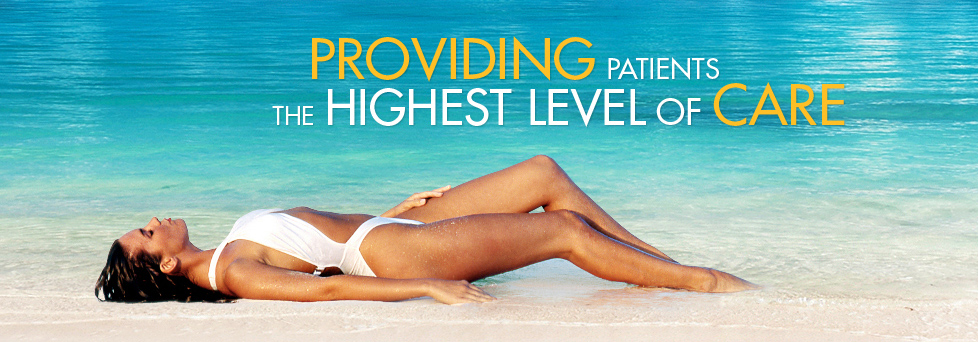It is not uncommon for a woman to develop varicose veins during pregnancy. These can present as small spider veins, or the larger size varicose veins. The reasons for this are multifactorial.
Firstly, the uterus enlarges as the fetus grows, causing an increased pressure on the lower extremities. This slows the venous blood flow return, and in combination with the head of the fetus pressing on the groin area, may cause the valves in the veins to break. As a result, the legs may swell, causing a heavy and tired feeling during the day.
Symptoms of Varicose Veins During Pregnancy
Sometimes the symptoms are so significant that even standing for short periods of time becomes difficult, necessitating the need to sit and elevate the legs, thus hampering the ability to carry out daily activities. This can occur during the first pregnancy, but becomes more of an issue with subsequent pregnancies.
Towards the end of the pregnancy the blood becomes hypercoagulable, or more likely to clot, as a protective mechanism to stop the uterus from bleeding after the birth of the baby. There are times that a blood clot may develop at that time, or even soon after delivery. Usually, these are superficial vein blood clots, which present as a red tender area over the track of the vein.
Spider Veins During Pregnancy
Spider veins are most commonly the result of hormonal shifts that occurs during pregnancy. However they may also be the result of “leakage” from the larger varicose veins.
Most often, these varicose veins will resolve within three or four months after completion of the pregnancy, a little bit longer if you are breast-feeding. After that time, it is unlikely that further improvement will occur, and during the next pregnancy these varices will become worse.
How to Prevent Varicose and Spider Veins During Pregnancy
Fear not, all is not lost, there are things that you can do to help;
-
Keep active
-
Stay well hydrated
-
Exercise
-
Elevate your legs whenever possible
-
Support maternity pantyhose-this is probably the most important thing to do. The pantyhose uplift the lower abdomen, relieving the pressure of the enlarging uterus on the lower extremities. These should be started as soon as you know that you’re pregnant, even with the first pregnancy. The newer model stockings are sheerer while still maintaining adequate compression.
Despite all, sometimes these varicose veins remain. If that occurs, you should be evaluated by a vascular surgeon to determine the underlying problem, so that an appropriate management protocol can be established.
If you suffer from vein problems during or after pregnancy, contact Dr. Norman Chideckel, board certified vascular doctor and NYC’s leading expert in varicose veins.

